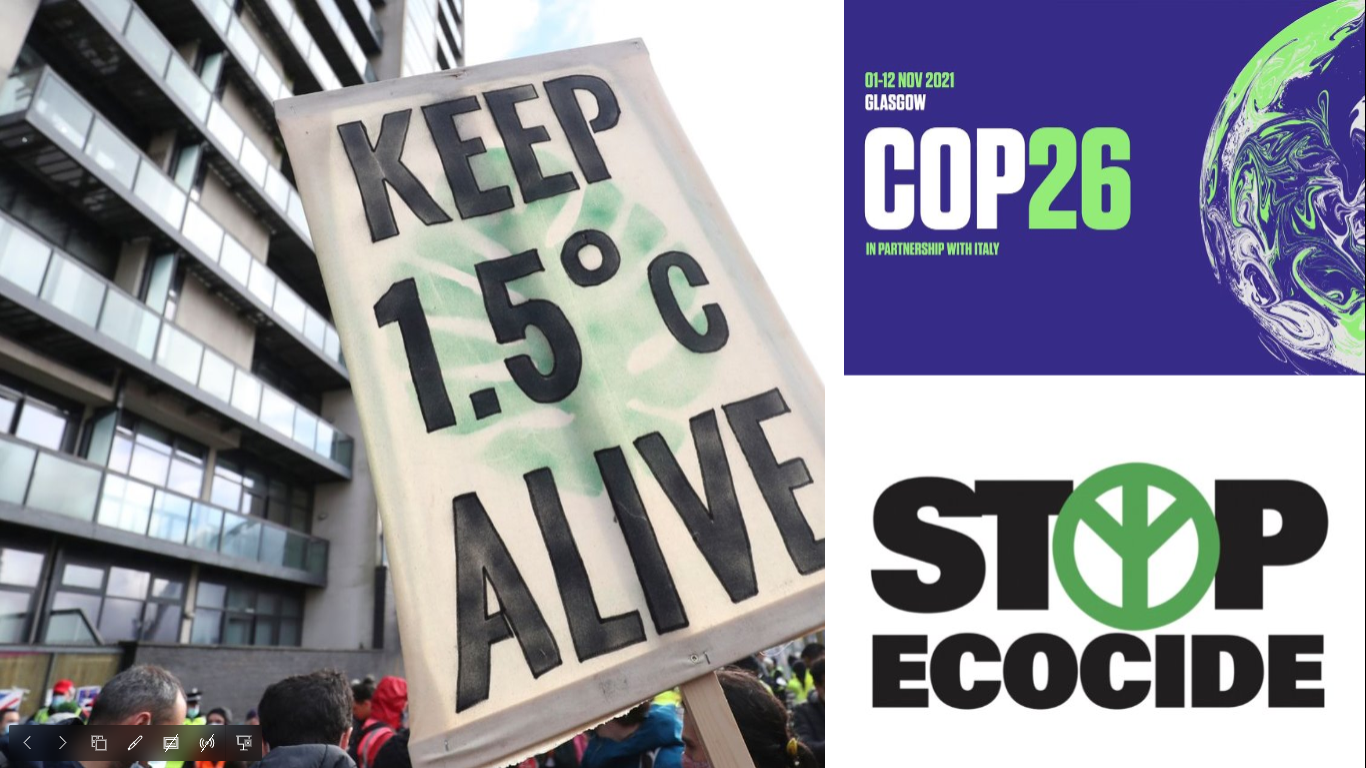Earlier today I was able to experience a short guest lecture on Worldwide Policy Development with regard to Environmental security given by Wouter Veening and Shirleen Chin. Mr. Veening is the President at the Institute for Environmental Security in the Hague and Ms. Chin is a Strategy Advocate (she basically specialises in negotiations).
Eco- geopolitica
In the begininng of the lecture, they spoke about “eco-geopolitica” and what this means in countries like the USA and China. Wouter emphasized the importance of looking at geopolitical problems through ecological lenses as this may give insight into how these problems can be solved. For example, the current tension between, Egypt, Ethiopia and Sudan concerning the building of the Renaissance dam on the Blue Nile. Not to mention, issues such as migration from Central America because of drought. My understanding based on his explanation is that finding solutions to these environmental problems could contribute significantly to the geopolitical issues that we face today.
COP26
While this was an interesting concept, my favorite part of this lecture came later when Ms. Chin started to talk about her experience at the Conference of Parties COP26. She mentioned the challenges that participants faced because of COVID regulations but also highlighted the importance of helping Small Island Developing States (SIDS) to get more exposure at these conferences. As you know, these SIDS barely contribute to global emissions but yet suffer the most. She explained how huge the events actually are and how overwhelming it can be if you are not accustomed to the protocols. She later gave a summary of the end product of the COP26. In this summary, she highlighted the major breakthrough and some setbacks: for example, the introduction of the Glasgow Climate Pact and the phrase change from “phase out of coal” to “phase down”. In general, when people think of these conferences we usually think that the participants will take strides closer to solutions, but sometimes this is just not the case.
Ecocide
To close the presentation she spoke briefly about Ecocide (a potential international crime). A law on ecocide may be the solution that many have been searching for with respect to our climate change issues. Ecocide is a term coined by Arthur Galston which is used by the Stop Ecocide Foundation in its advocation intiatives for the “crimes” against earth. Because I mean, if no one stands up for the earth, then who will? This foundation has taken strides to persuade the International Criminal Court (ICC) that this crime deserves to be on the international crime list along with the world’s most despicable crimes: Genocide, Crimes Against Humanity, War Crimes and Crimes of Aggression. While there are many processes that need to take place for this to become real, first steps have already been taken. A panel of lawyers (environmental and criminal) came together to clearly define the term. As such, the defintion of Ecocide is the “unlawful or wanton acts committed with knowledge that there is a substantial likelihood of severe and either widespread or long-term damage being caused to the environment by those acts.” When I think about this, it brings me comfort because with a law like this, people will have to think twice about their actions as they carryout and develop their processes. And while this may be a bit confusing to grasp at first, I don’t think that this potential law is intended to prosecute indivuals because they did not throw their waste in the right bin. Although it is incentive, I think it is mostly targeted toward the bigger companies and institutions in the world that harm the earth with no accountability for their actions.

Really interesting Nisa! Hopefully this term and law will be put into force!
Tell me about it! this would be groundbreaking.